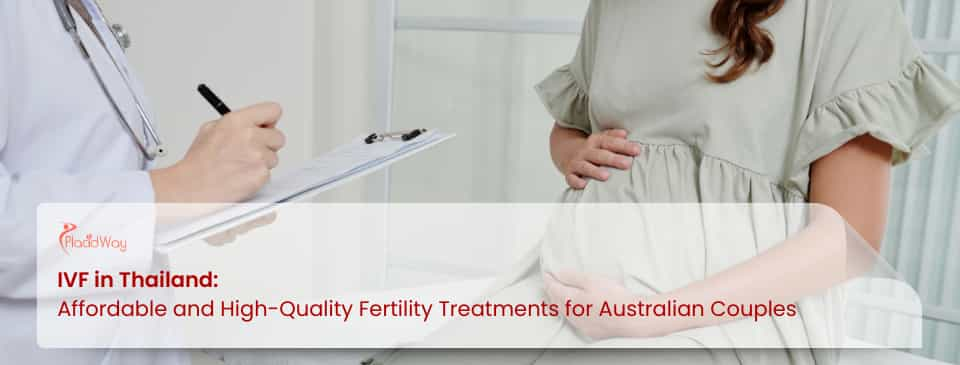
For many Australian couples, the dream of starting a family can be an emotionally and financially challenging journey. The high cost of In-Vitro Fertilization (IVF) in Australia often adds a significant burden to an already stressful process. Thailand has emerged as a leading global destination for fertility tourism, offering a compelling blend of cutting-edge reproductive technology, internationally trained specialists, and significantly lower costs, all within a welcoming and serene environment.
This guide provides a comprehensive overview for Australian couples considering IVF in Thailand, covering everything from the available procedures and costs to the legal landscape and the step-by-step process of your medical journey.
Key Takeaways
-
Significant Cost Savings: Australian couples can save between 50-70% on the cost of a full IVF cycle in Thailand compared to prices at home.
-
High Success Rates: Top Thai fertility clinics report success rates that are comparable to, and sometimes exceed, those of leading clinics in Australia and the West, thanks to advanced technology and experienced specialists.
-
Advanced Technology: Thailand offers a full range of advanced reproductive technologies, including ICSI, PGT-A (genetic screening), and frozen embryo transfer, ensuring patients receive the most suitable treatment for their needs.
-
Cost Comparison (Standard IVF Cycle):
-
Thailand: A comprehensive IVF cycle package typically costs between AUD $8,000 and $15,000.
-
Australia: A single IVF cycle can cost AUD $15,000 to $25,000 or more before any Medicare rebates.
-
United States: Costs are among the highest globally, ranging from AUD $20,000 to $40,000.
-
United Kingdom: Prices are similar to Australia, generally between AUD $15,000 and $25,000.
-
Understanding In-Vitro Fertilization (IVF)
In-Vitro Fertilization is an advanced fertility treatment where an egg is fertilized by sperm outside of the body, in a laboratory setting ("in vitro"). The resulting embryo is then transferred to the woman's uterus with the hope of achieving a successful pregnancy.
The IVF process involves several key stages: ovarian stimulation to produce multiple eggs, egg retrieval from the ovaries, fertilization of the eggs with sperm in the lab, embryo culture for several days, and finally, the transfer of the best-quality embryo into the uterus. It is the most effective form of assisted reproductive technology and can help overcome a wide range of fertility issues, from blocked fallopian tubes and male factor infertility to endometriosis and unexplained infertility.
Why Choose Thailand for Your IVF Journey?
Thailand's reputation as a top-tier medical tourism hub is well-earned, particularly in the field of reproductive medicine. The country combines high-quality medical care with affordability and a patient-centric approach.
Thai fertility clinics are equipped with state-of-the-art laboratories and technology that mirror the best clinics in the world. Many of the country's top fertility specialists have been trained in Europe, the USA, or Australia, bringing international expertise and a global perspective to their practice. Furthermore, JCI (Joint Commission International) accreditation is common among Thailand's premier hospitals and clinics, a testament to their commitment to the highest standards of patient care and safety.
Did You Know? Bangkok is home to some of the most advanced fertility centers in Southeast Asia. These centers not only treat patients but also serve as research and training hubs for reproductive medicine, contributing to the continuous advancement of IVF technology and techniques.
Advanced Fertility Treatments Available in Thailand
Beyond standard IVF, Thai clinics offer a comprehensive suite of advanced procedures to maximize the chances of a successful pregnancy.
Intracytoplasmic Sperm Injection (ICSI)
ICSI is a specialized form of IVF that is particularly effective for treating male-factor infertility. In this procedure, a single, healthy sperm is selected and injected directly into the cytoplasm of a mature egg. This bypasses any potential barriers to fertilization and significantly increases the chances of creating a viable embryo.
Preimplantation Genetic Testing (PGT-A)
Preimplantation Genetic Testing for Aneuploidy (PGT-A) is a genetic screening test performed on embryos created through IVF. It screens for chromosomal abnormalities before the embryo is transferred to the uterus. By selecting only chromosomally normal (euploid) embryos, PGT-A can increase the likelihood of a successful pregnancy, reduce the risk of miscarriage, and prevent the birth of a child with a chromosomal condition like Down syndrome.
Frozen Embryo Transfer (FET)
A Frozen Embryo Transfer (FET) cycle involves thawing a previously frozen embryo (from a prior IVF cycle) and transferring it to the uterus. This allows couples to have multiple attempts at pregnancy from a single egg retrieval cycle. FET cycles are often associated with higher success rates as they allow the woman's body to return to its natural state after the hormonal stimulation phase.
The IVF Process for Australian Couples in Thailand
Thai clinics have extensive experience in managing international patients, making the entire process smooth and well-coordinated.
-
Initial Online Consultation: The journey begins with a remote consultation with a fertility specialist in Thailand. You will discuss your medical history, and the doctor will review any previous test results. They will then recommend a personalized treatment plan and provide a preliminary timeline.
-
Treatment Planning and Coordination: An international patient coordinator will be your main point of contact. They will help you schedule your visit, assist with travel logistics, and answer any questions. You may be required to start certain medications or undergo initial monitoring with a doctor in Australia before you travel.
-
Travel and On-site Consultation: You will need to travel to Thailand to coincide with the start of the treatment cycle. A typical stay for a full IVF cycle is around 15-20 days. Upon arrival, you will have an in-person consultation with your specialist to finalize the plan.
-
Ovarian Stimulation and Monitoring: The female partner will begin daily hormone injections to stimulate her ovaries to produce multiple eggs. You will have several monitoring appointments at the clinic for ultrasounds and blood tests to track your progress.
-
Egg Retrieval and Fertilization: Once the eggs are mature, they are retrieved in a minor, minimally invasive surgical procedure performed under sedation. On the same day, the male partner provides a sperm sample, which is then used to fertilize the retrieved eggs in the lab using either standard IVF or ICSI.
-
Embryo Transfer and Post-Transfer Care: The created embryos are cultured for 3-5 days. The best-quality embryo is then transferred into the uterus in a simple, painless procedure similar to a Pap smear. You will be prescribed medications to support the uterine lining and will rest for a day or two before being cleared to fly back to Australia. The pregnancy test is typically done 10-14 days after the transfer.
A Detailed Look at IVF Costs in Thailand
The affordability of IVF in Thailand is a major draw for Australians. The transparent, all-inclusive packages offered by many clinics simplify financial planning.
What's Often Included in a Thai IVF Package?
-
All consultations with the fertility specialist.
-
All monitoring scans and blood tests during the cycle.
-
The egg retrieval procedure, including anesthesia.
-
The IVF/ICSI fertilization process.
-
The fresh embryo transfer procedure.
-
Clinic and surgeon fees.
Legal and Ethical Considerations
Thailand has a well-defined legal framework governing assisted reproductive technologies, which provides clarity and protection for both patients and clinics.
It's important for Australian couples to be aware that Thai law prohibits commercial surrogacy and the use of donor eggs/sperm for foreign nationals. Couples must use their own eggs and sperm for IVF treatment. The law is designed to uphold ethical standards and prevent exploitation. Reputable clinics will be very clear about these regulations from the outset.
Expert Insight: Before committing to a clinic, it is wise to have a video consultation with the treating doctor. This allows you to build a rapport, ask specific questions about your case, and get a feel for the clinic's communication style and professionalism. A good clinic will welcome this and will be transparent about their success rates and procedures.
Frequently Asked Questions (FAQs) for Australian Couples
What are the success rates for IVF in Thailand?
Success rates in top Thai fertility clinics are very competitive and comparable to those in Australia, often ranging from 40-60% per embryo transfer, depending on the woman's age and the specific diagnosis. Always ask for the clinic's specific success rates for your age group.
How long do we need to stay in Thailand for the treatment?
For a full IVF cycle, you should plan to stay in Thailand for approximately 15 to 20 days. This allows for the entire process, from the start of ovarian stimulation monitoring through to a few days of rest after the embryo transfer.
Is the language barrier a significant issue? No. Major international clinics and hospitals in Thailand have dedicated international patient departments with fluent English-speaking doctors, nurses, and coordinators to ensure communication is clear and seamless.
How do we choose a reputable IVF clinic in Thailand?
Look for clinics with JCI accreditation and specialists with international training and credentials. Read independent patient reviews, ask about the technology used in their laboratory, and ensure they are transparent about their costs, success rates, and adherence to Thai law.
How do we transport medication if we start it in Australia?
The clinic will provide you with a prescription and a letter for customs explaining the need for you to carry fertility medications and syringes. It's essential to keep the medication in its original packaging and carry it in your hand luggage.
What happens after we return to Australia?
You will perform your pregnancy test (a blood test) with your GP in Australia. Your Thai clinic will remain in contact with you to guide you on the next steps, whether the result is positive or negative. If positive, they will advise you on the continuation of medications and the transition of care to a local obstetrician.
Begin Your Journey to Parenthood with PlacidWay
The path to parenthood through IVF requires trust, expertise, and compassionate care. At PlacidWay, we connect you with Thailand's most respected and successful fertility clinics, removing the uncertainty and stress from the process. We facilitate communication and help you access world-class fertility care that is both affordable and effective.

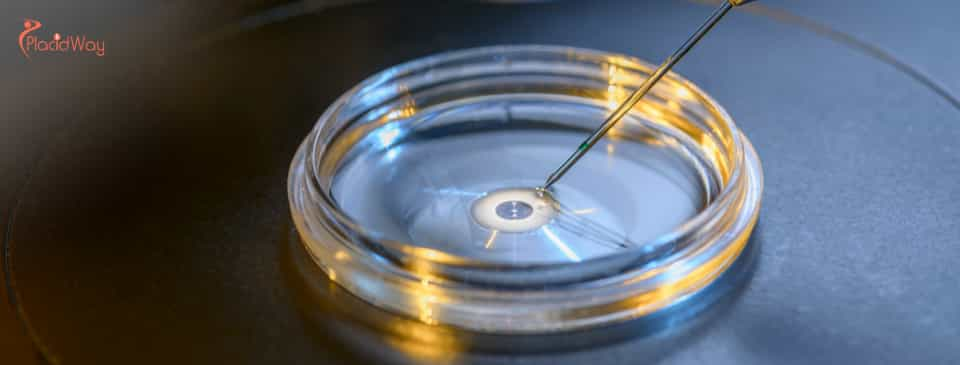

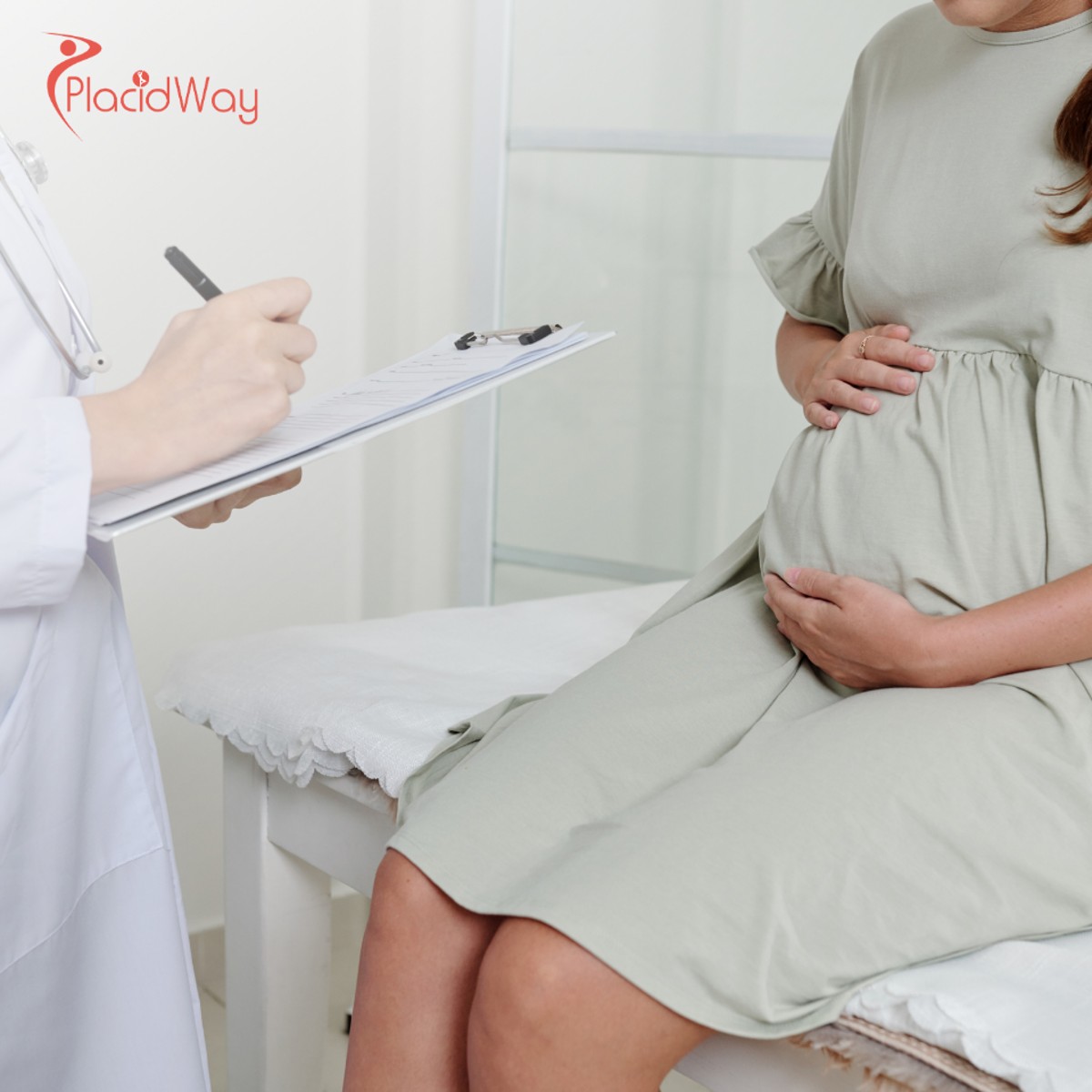



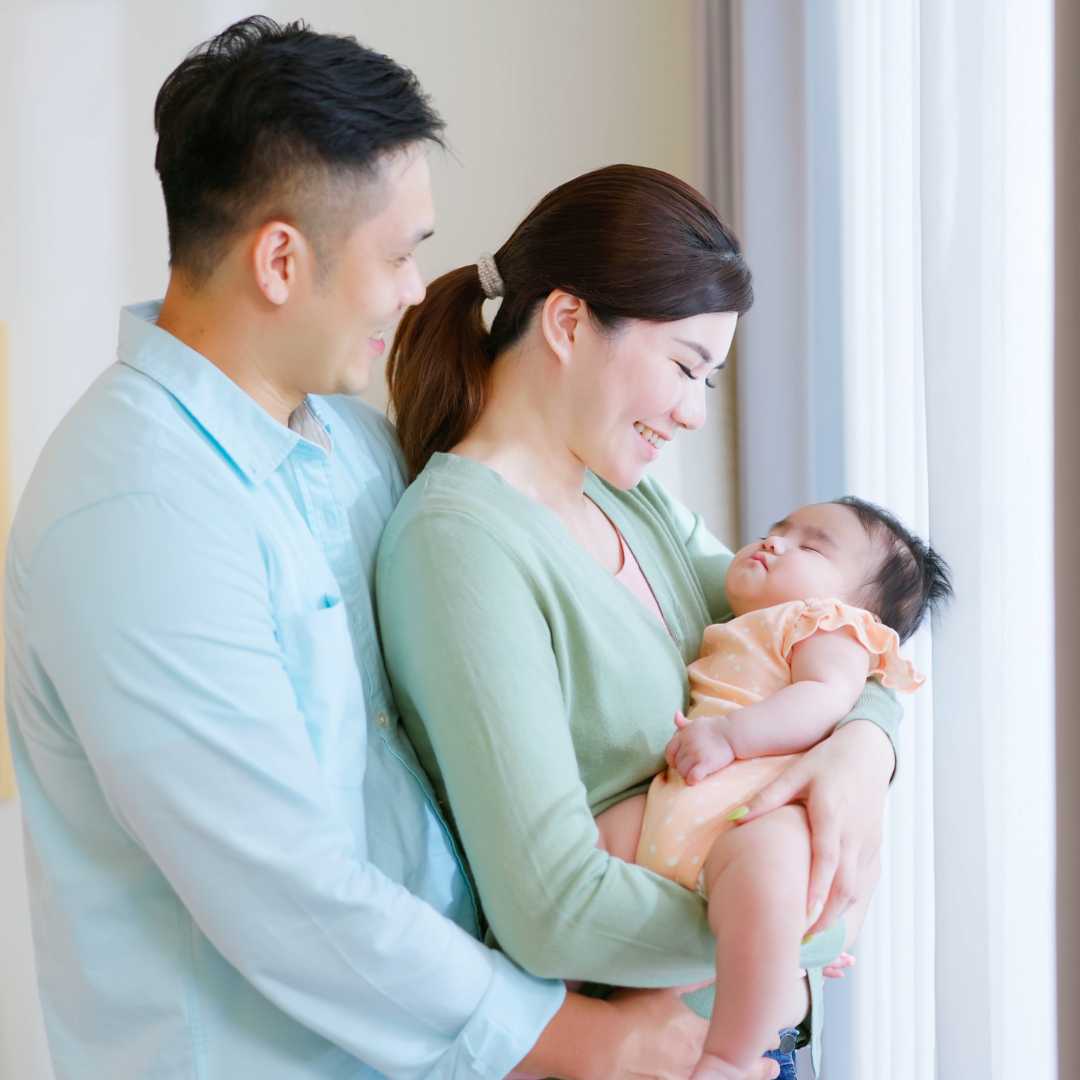

.png)


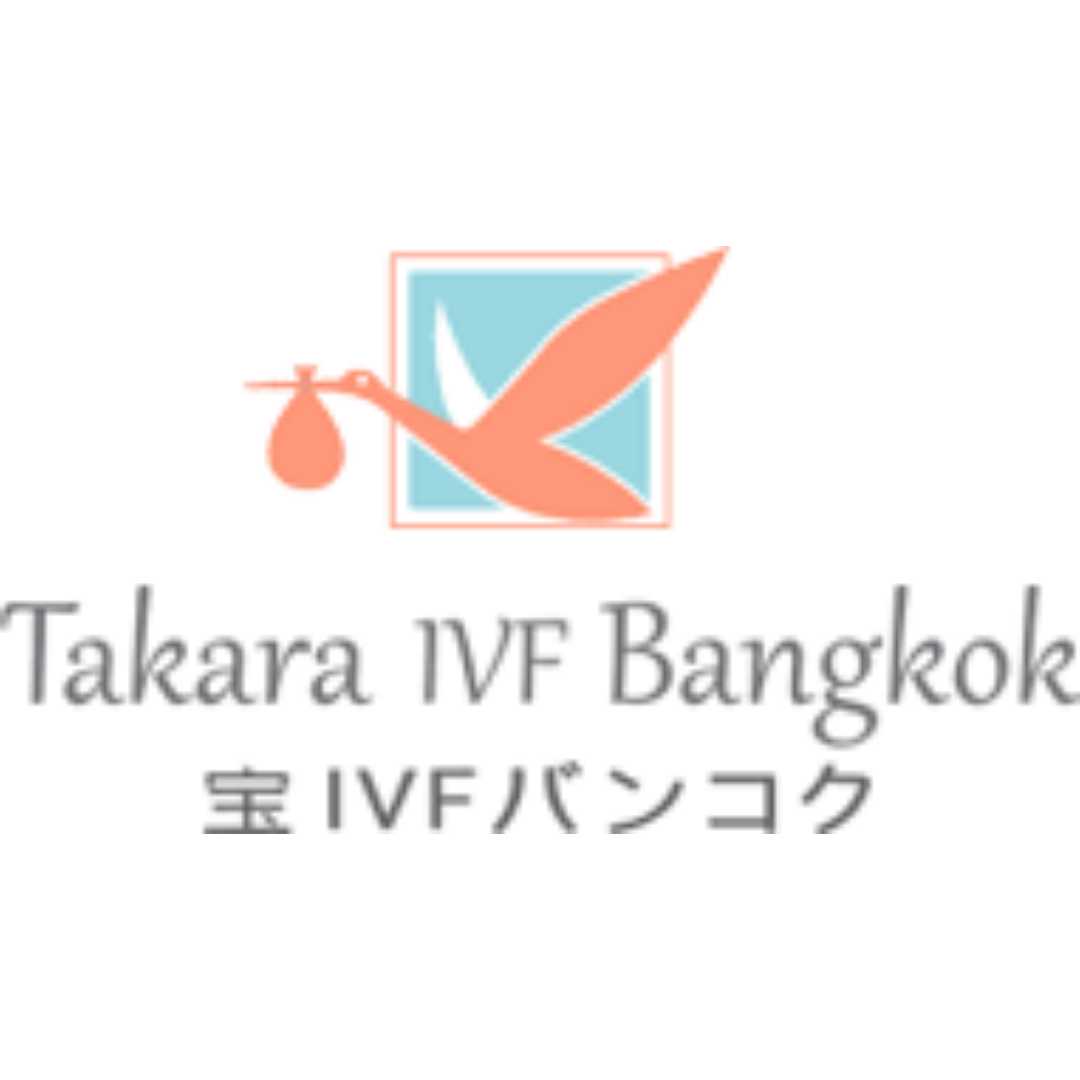
.png)
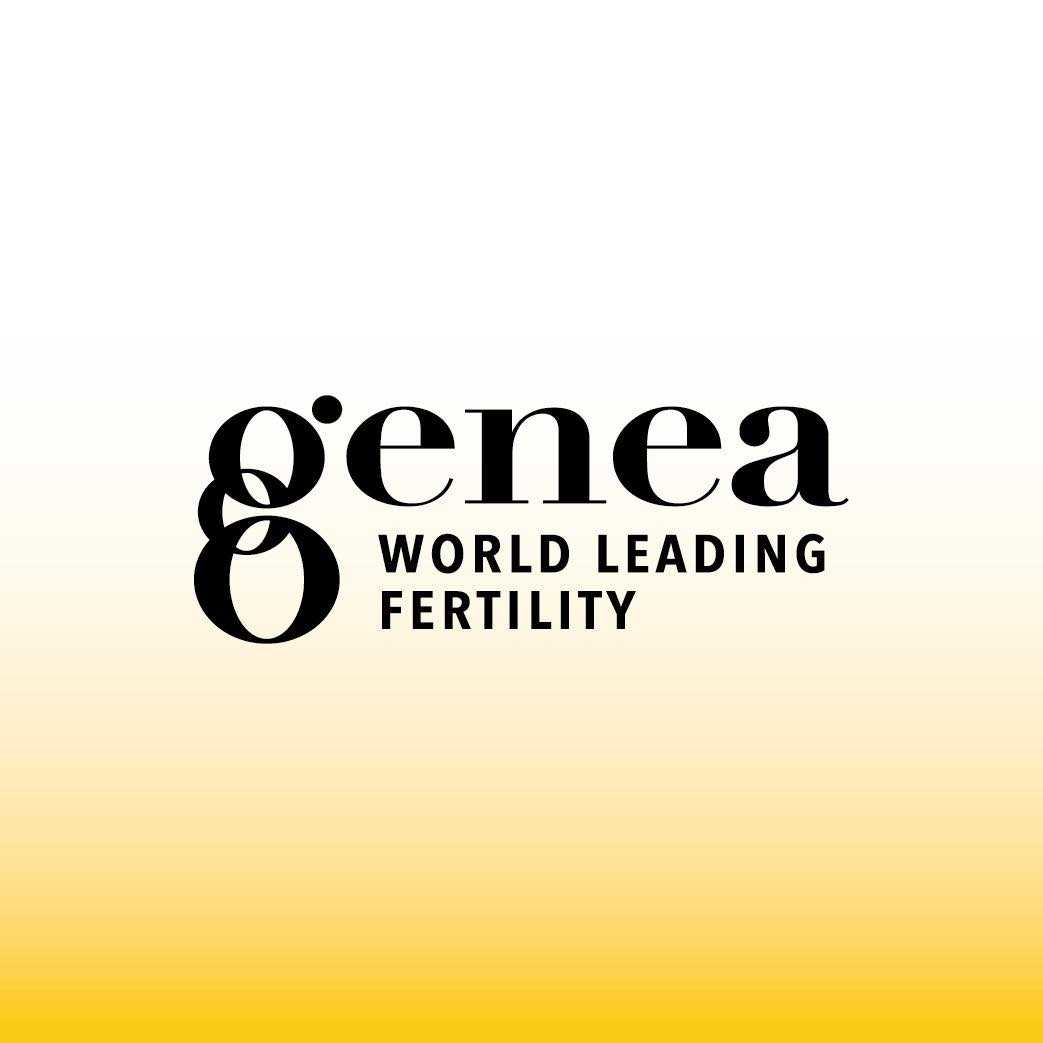
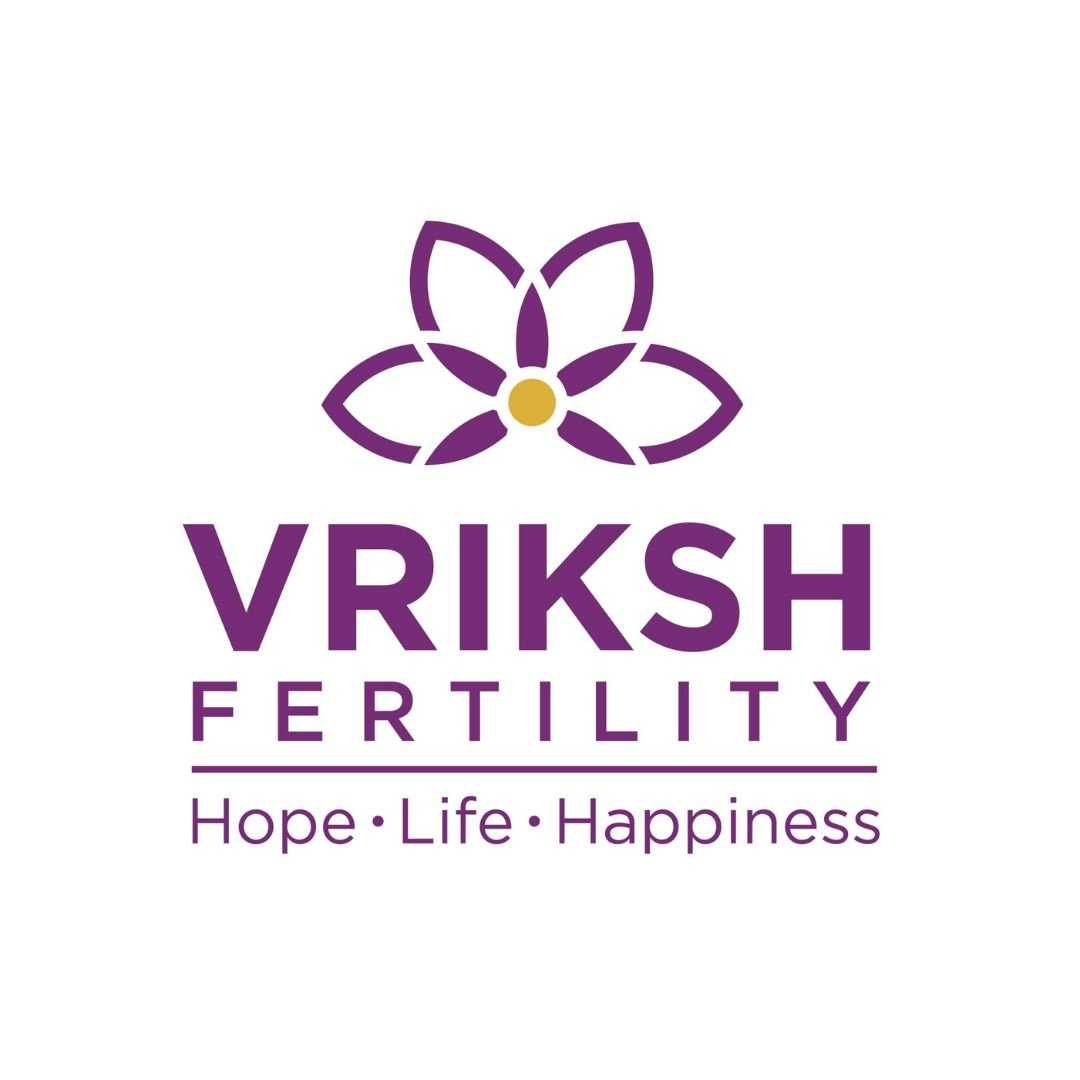
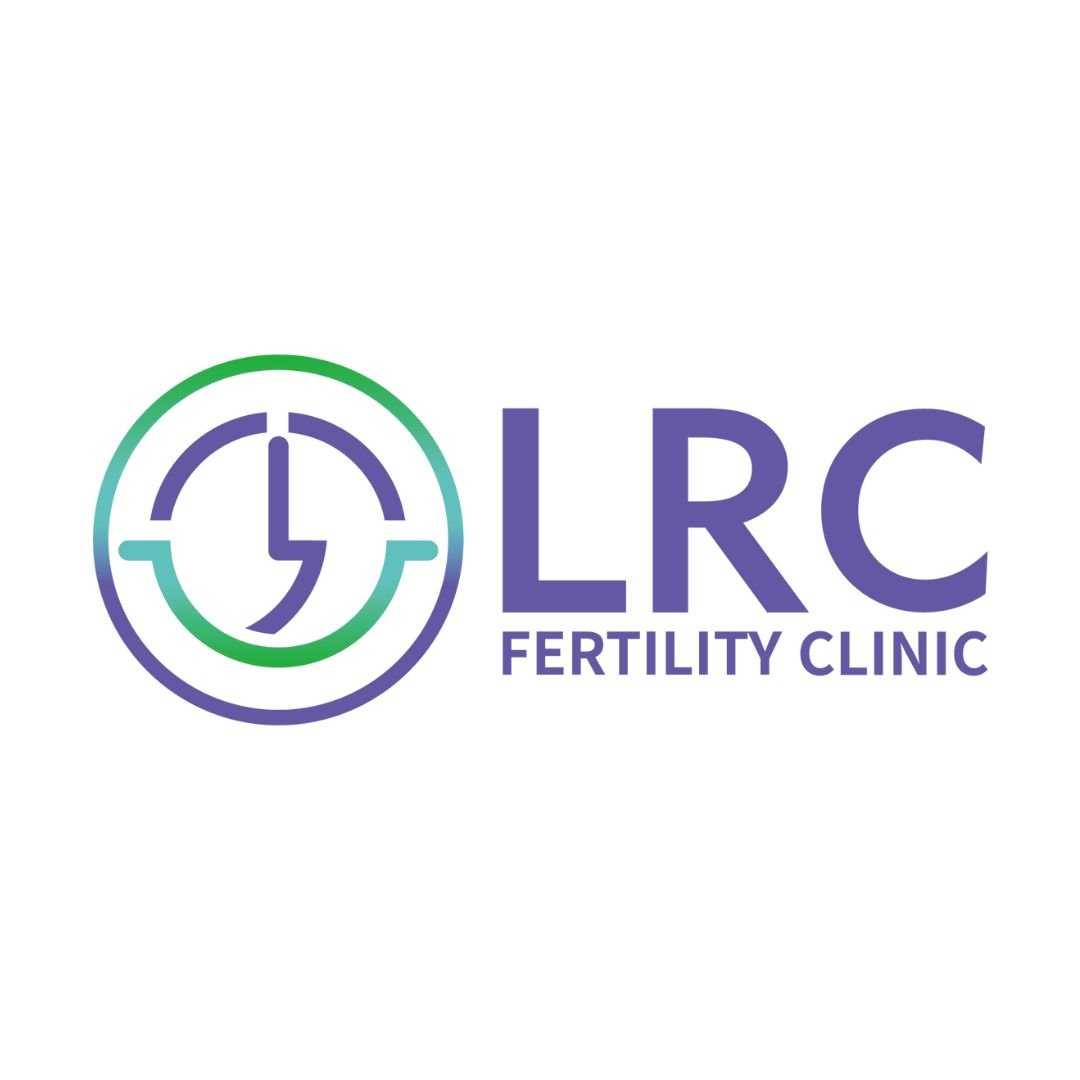

Share this listing